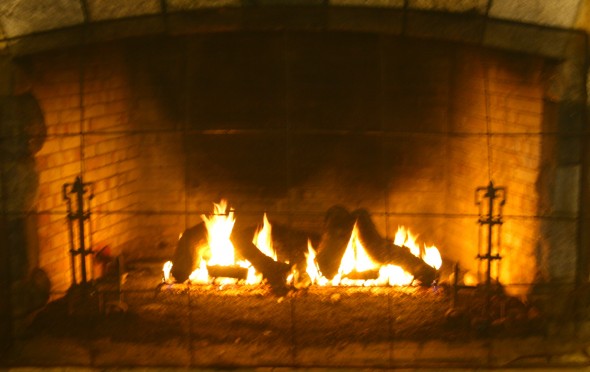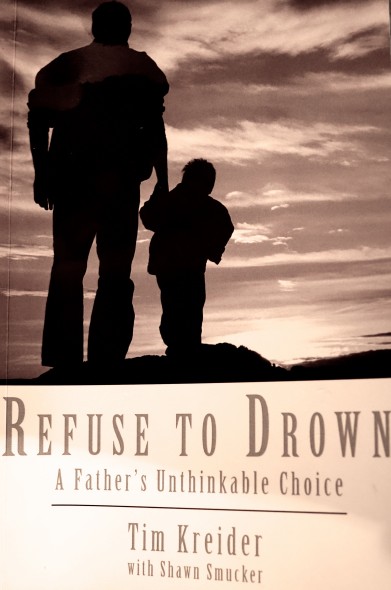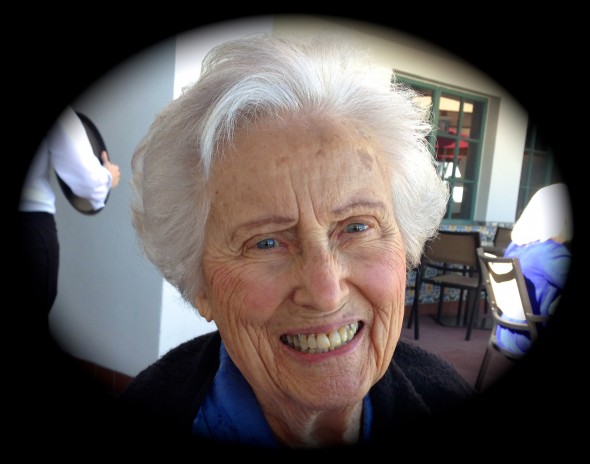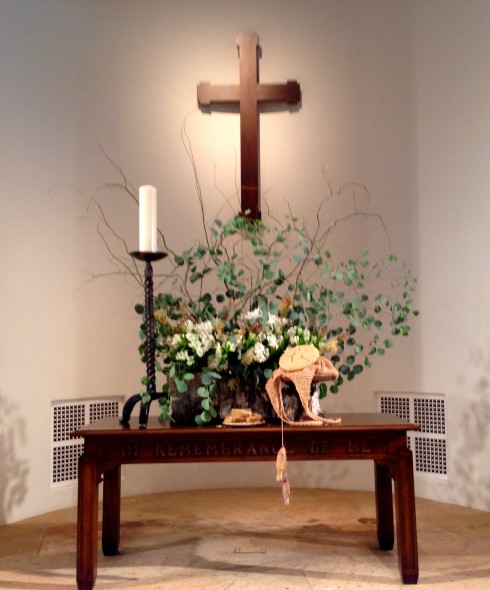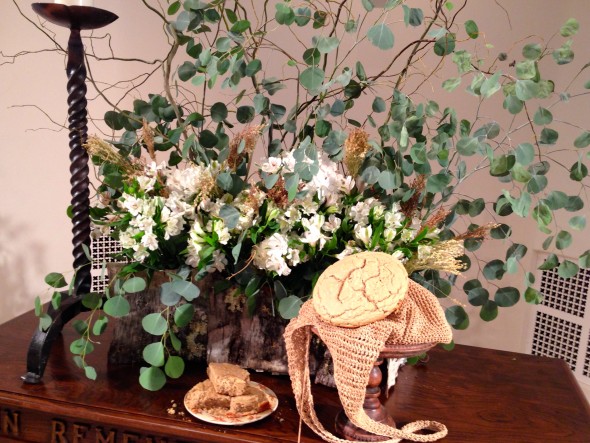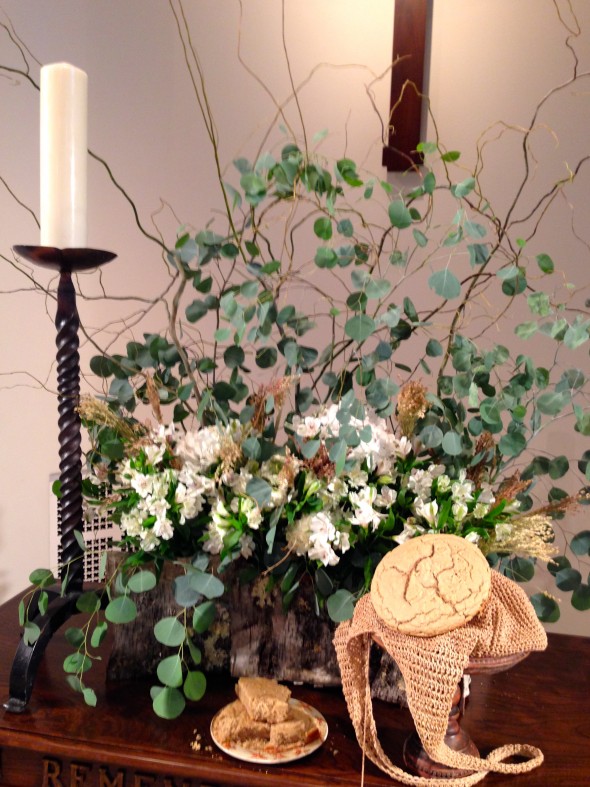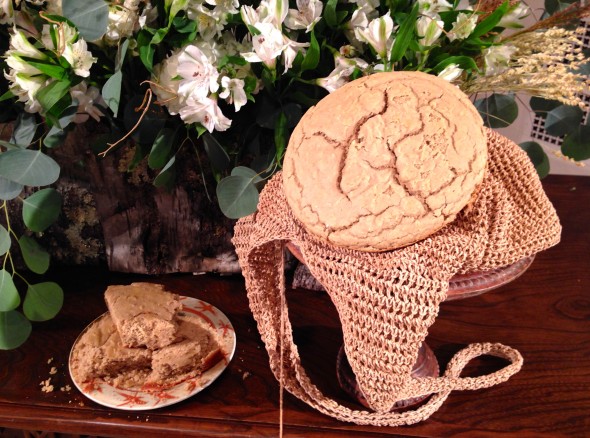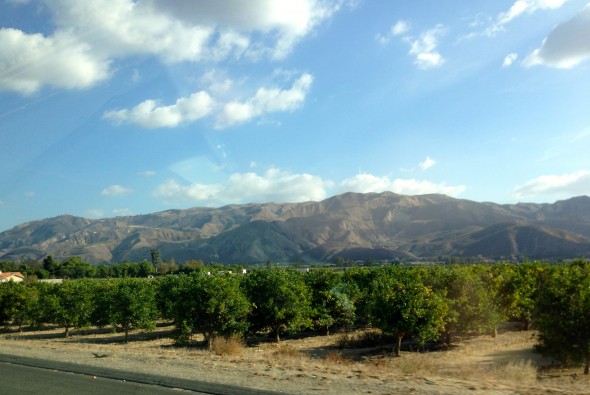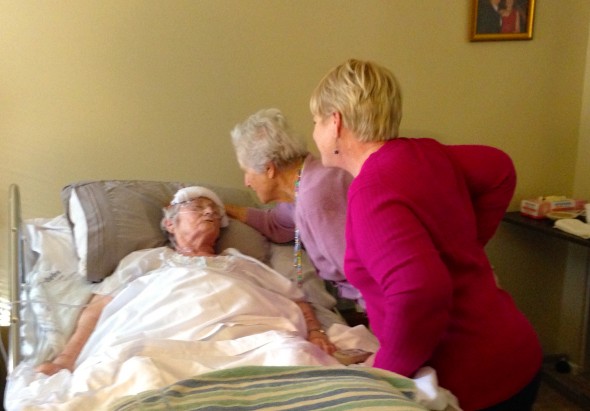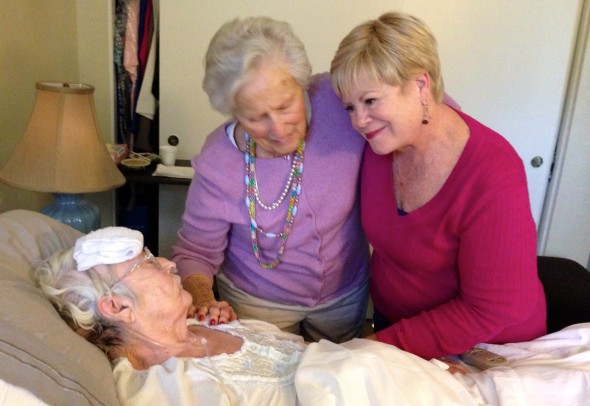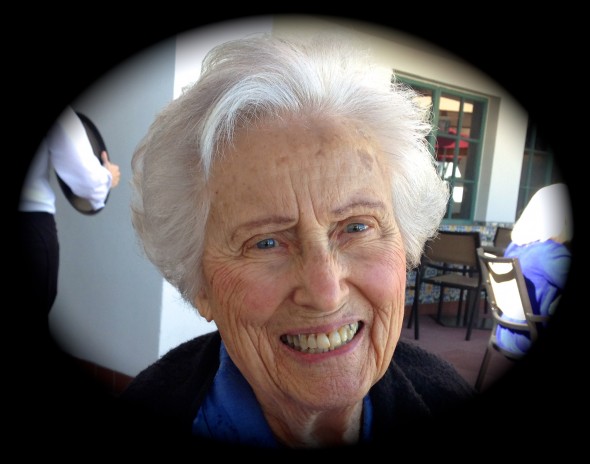It was Wednesday yesterday.
Mom day.
We made the walk from her room
across the campus to the new cafe.
As always, we moved slowly.
Very slowly.
The day was warm and breezy,
sun shining, sky blue.
And the view is delightful.
Well, this view is delightful.
Mountain profile, green trees, red tile roofs.
This one is a bit more sobering.
It is a retirement community, after all.
And there were several old children,
visiting older parents this day.
My mom has had a rough month.
A bad, bad cold,
followed by a nasty case of shingles,
all of that taking its toll on her,
physically and mentally.
She is not eating much these days —
barely made it through half a hot dog,
one of her favorite lunches.
And the Diet Coke cup seemed to
freak her out this week.
She couldn’t understand why her
hands were wet whenever she
held her sweating cup.
But she smiled sweetly for the camera,
loving my company,
enjoying the day.
Making conversation is harder and harder to do.
She starts,
and I try to fill in the blanks,
but I can no longer guess
where she is heading.
There were a few moments
of remembering her childhood,
and a few wistful wishes
for more traveling.
But most of it was frustrating
for both of us.
We sat there for a good thirty minutes
after she had given up on eating anything,
just breathing together,
enjoying the warm sun
and the blue sky.
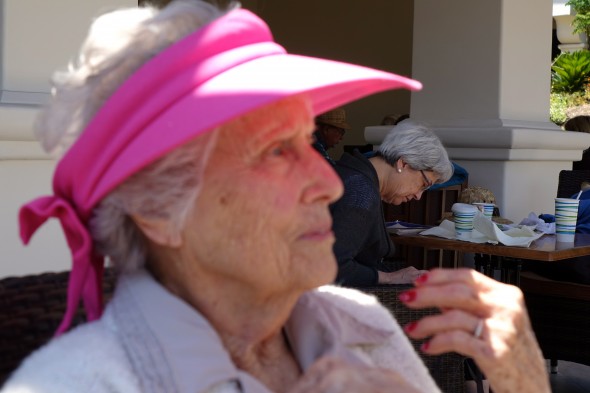
This last picture shows a weakness of my new camera.
It sometimes doesn’t know quite where to focus.
The woman in the background is crystal clear.
My mama?
Fuzzy, indefinite.
A perfect representation
of who and where she is right now.
Walking back to her room, I got a little ahead of her.
This is easy to do, as my stride is long
and even with an injured foot,
I walk a great deal faster than she.
So she said this:
“You may be older than I am, but you sure do move quicker.”
I was stunned for a minute, but came back quickly:
“I’m not older than you, Mom. How can I be?
I’m your daughter.”
“YOU ARE?
I didn’t know that!
Are you sure?
You didn’t live in our house, did you?”
“Yes, Mom. I lived in your house for twenty years.
And then I got married.”
Tears began to brim, but I cut them off.
She was so deeply confused,
and she did not need my grief to intrude
on her own.
My name she still knows.
My closeness to her she also knows.
Our blood relationship?
She no longer has a clue.
And I am bereft.

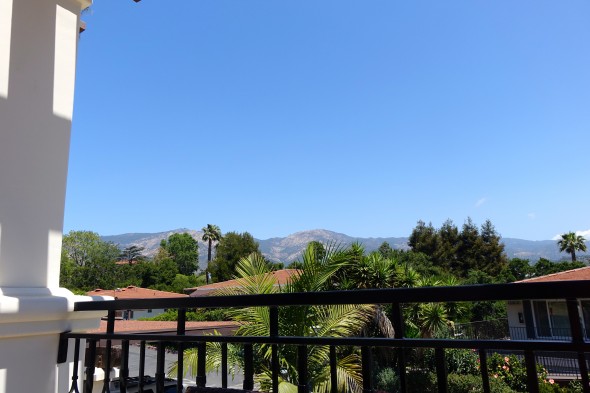
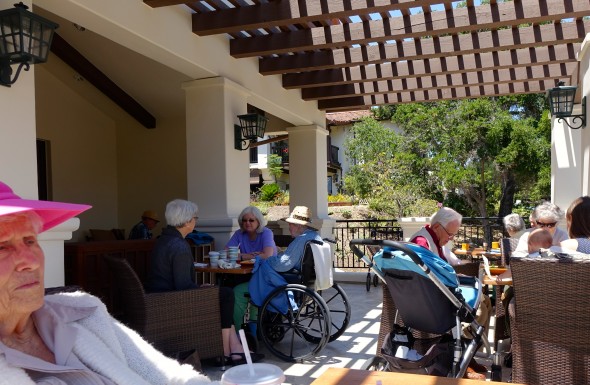
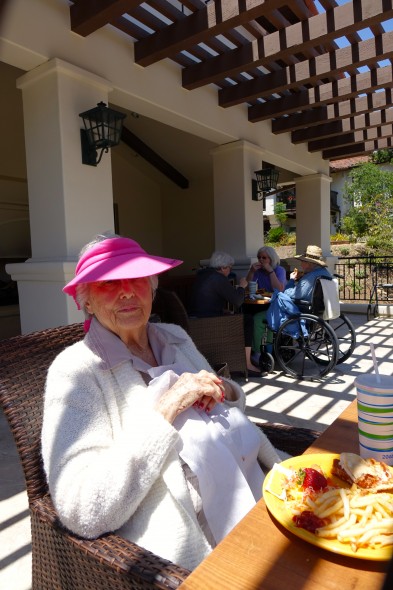
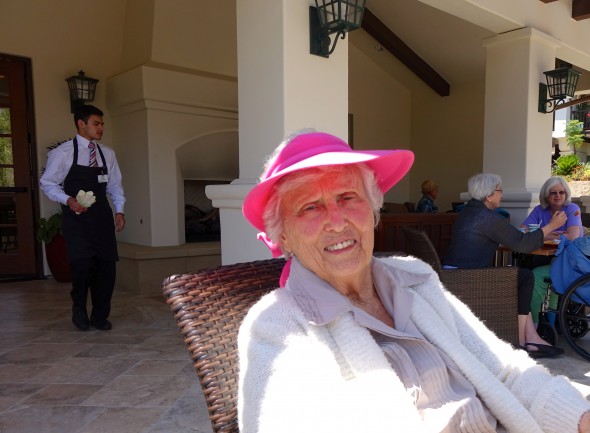
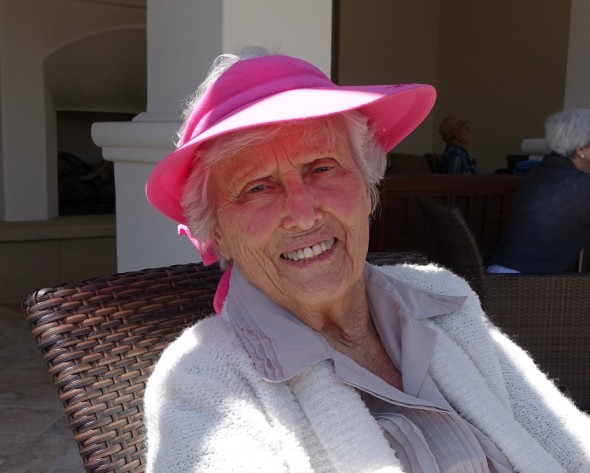
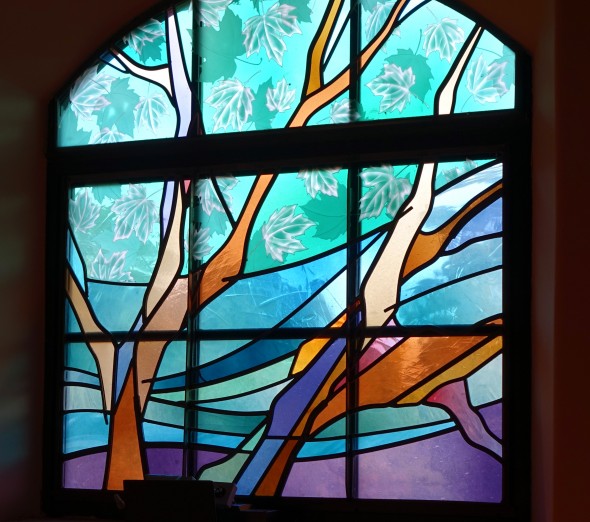
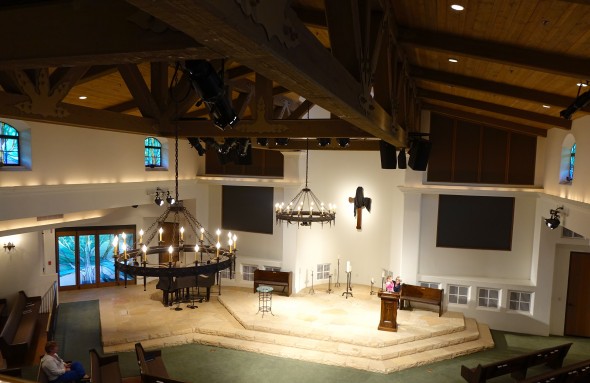
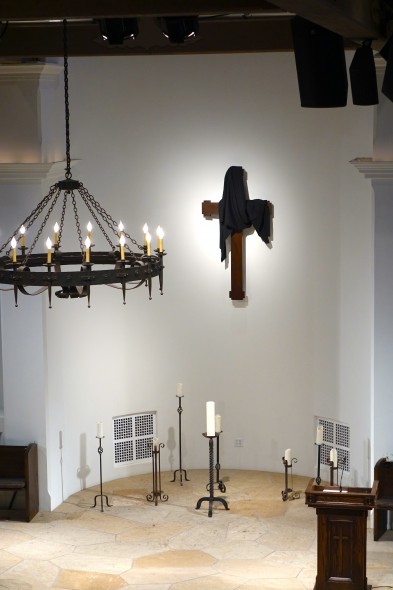
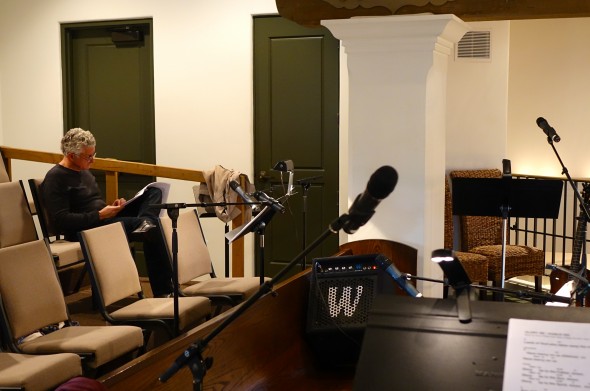
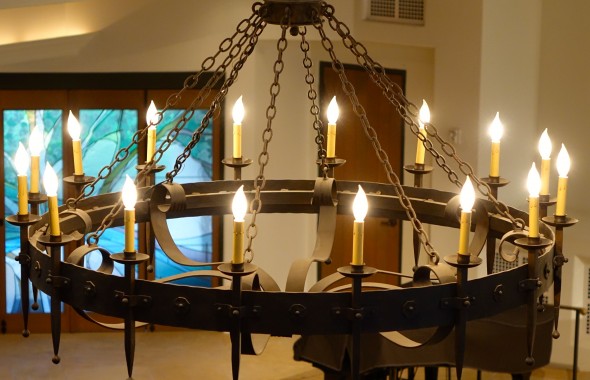
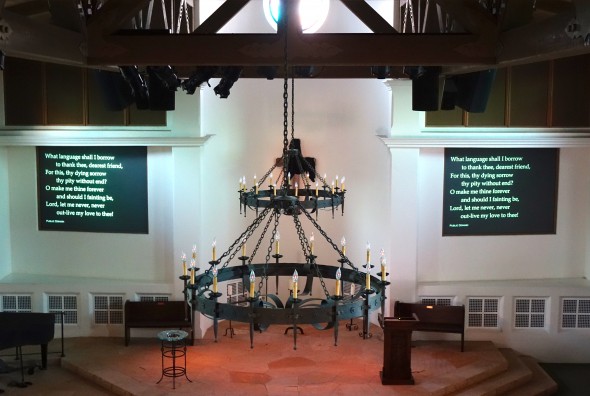
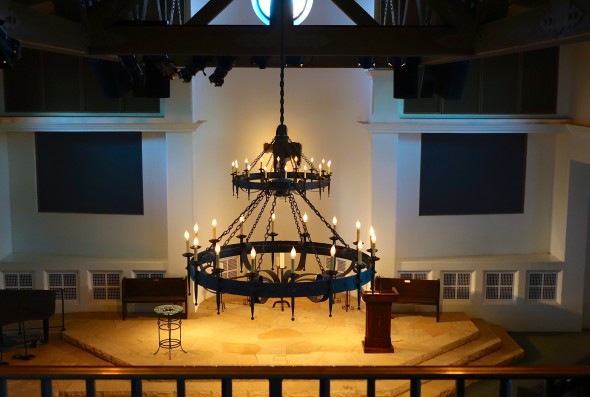
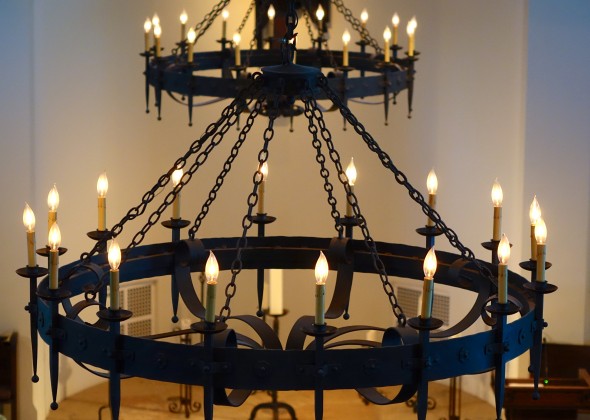
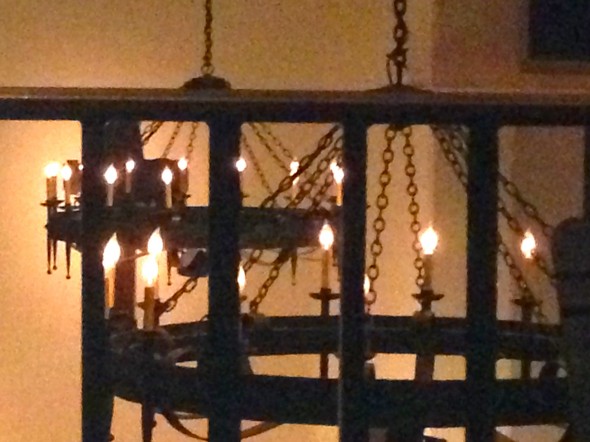
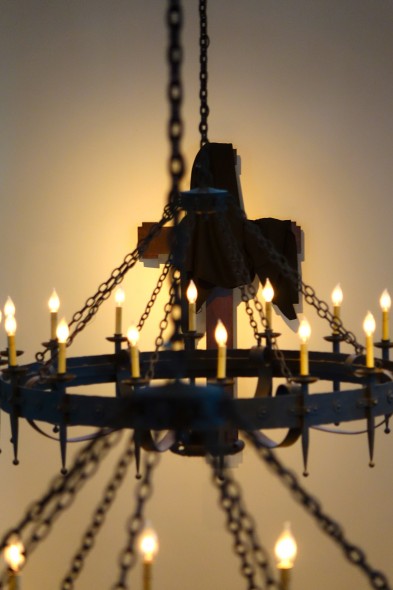

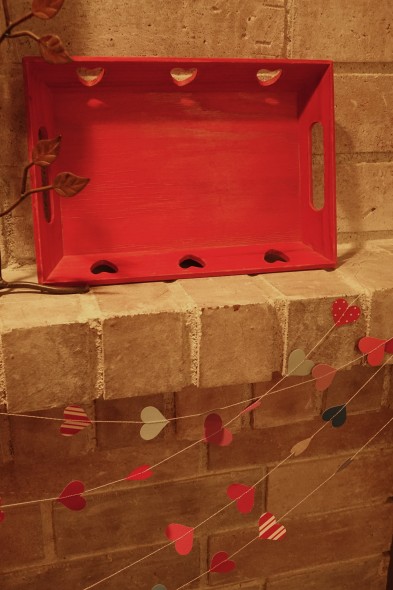




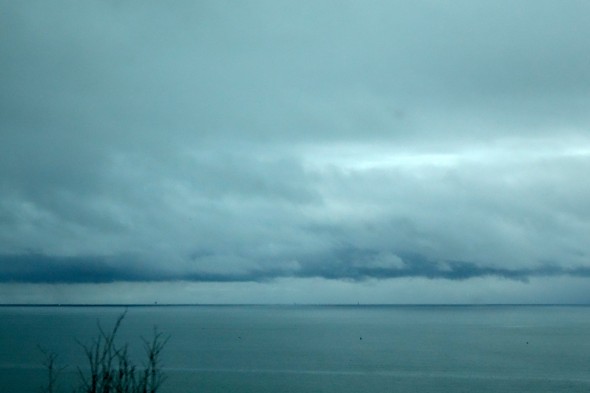
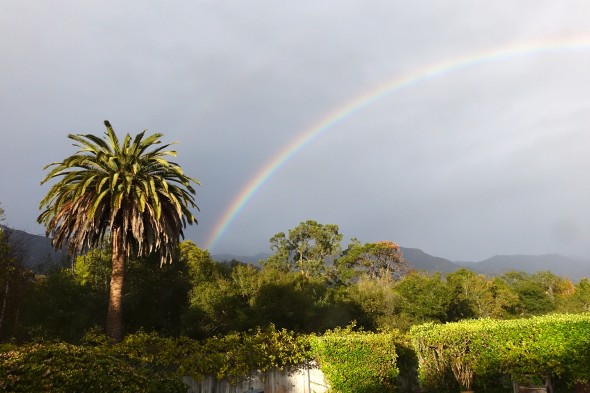
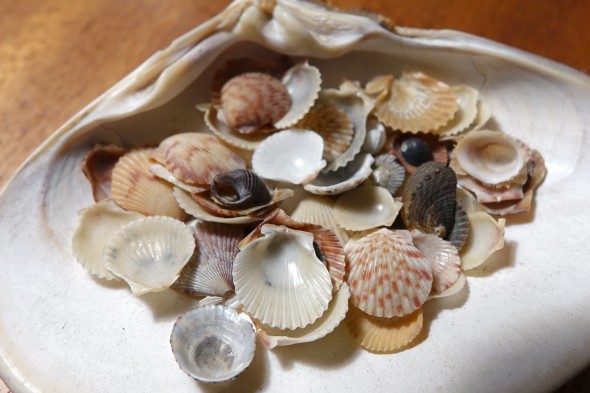
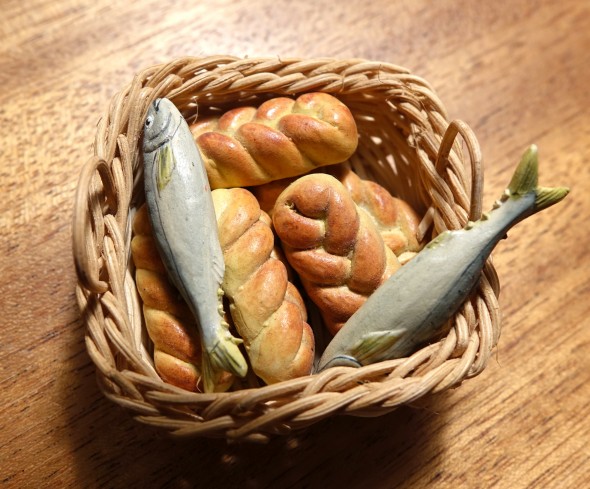
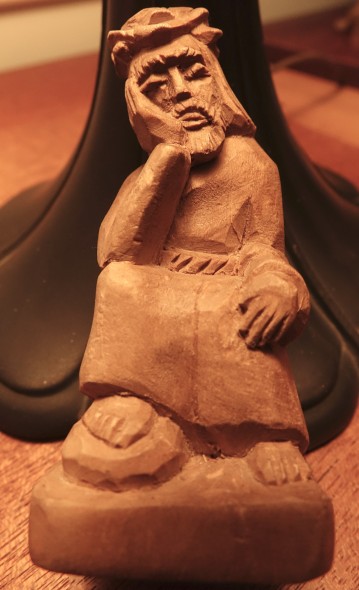
 Loading InLinkz ...
Loading InLinkz ...